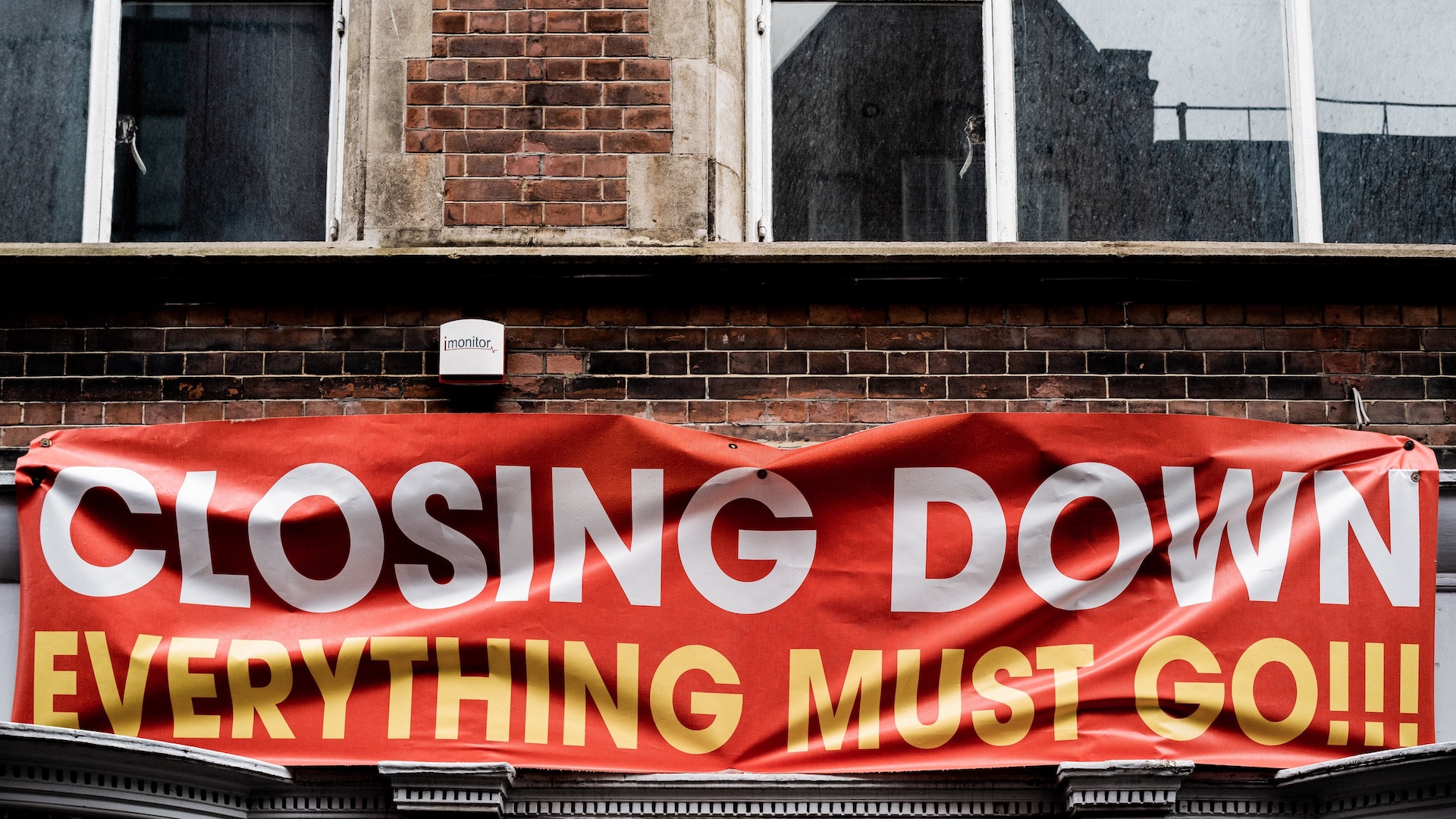Dominic Caddick, assistant researcher at the New Economics Foundation, explained: “While the IMF has revised its estimates for the UK up by 0.3 per cent, this still puts us at the bottom of the pack for the advanced G7 economies, and means our economy is expected to shrink.”
In a press briefing, the chief economist of the IMF Pierre-Olivier Gourinchas was asked why the UK was struggling so much. He explained “forceful action by the Bank of England calmed the markets very quickly” and the UK economy has seen a “stronger first quarter of the year”, resulting in a “little bit [of a] better performance for the UK economy”.
Your support changes lives. Find out how you can help us help more people by signing up for a subscription
But Gourinchas said part of the reason the UK economy is lagging behind other countries is because it has a higher dependence on imported energy, specifically gas. The UK imports around 50 per cent of its gas from the international market, according to the Office for National Statistics (ONS).
Most homes in England and Wales are heated by mains gas supply. Gas is also used to fuel around a third of the UK’s electricity generation, so rising gas prices will usually lead to rising electricity prices. Norway is the largest supplier of gas to the UK, accounting for around 77 per cent of all gas imports in 2021.
The “tight labour market”, by which Gourinchas means a shortage of workers coupled with a high demand, has also led to weak economic performance.
Caddick also blamed government policy, particularly the aftermath of Brexit. “The UK has struggled with high inflation because of the impact of Brexit on import prices, and our high reliance on fossil fuels,” he said. “This has left us vulnerable to rising prices stemming from Russia’s invasion of Ukraine.”
It is not all pessimistic. Xuxin Mao, principal economist at the National Institute of Economic and Social Research, said: “We expect the UK economy to avoid recession this year. Inflation is projected to be much lower approaching the end of the year with energy prices stabilising.”
He said the government’s policies around childcare, labour market participation and removing the pension cap may also help boost the economy. He added that the recent protocol on Ireland and Northern Ireland may lift post-Brexit trade barriers.
But Caddick believes there are lessons to be learned, and the government must act to avoid a recession. “None of this was inevitable,” he said. “But there’s still time to invest in our economy and increase incomes to combat the sky-high cost of living. If we want to avoid a recession, we should be taking lessons in global leadership from our American peers, and massively invest in green infrastructure while creating new and well-paid jobs.”
Get the latest news and insight into how the Big Issue magazine is made by signing up for the Inside Big Issue newsletter
Do you have a story to tell or opinions to share about this topic? We want to hear from you. And we want to share your views with more people. Get in touch and tell us more.
The Big Issue’s #BigFutures campaign is calling for investment in decent and affordable housing, ending the low wage economy, and millions of green jobs. The last 10 years of austerity and cuts to public services have failed to deliver better living standards for people in this country. Sign the open letter and demand a better future.









